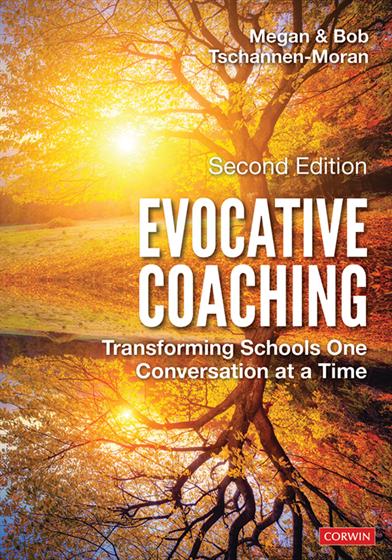Hands-on, Practical Guidance for Educators
From math,
literacy, science, equity, multilingual learners, and SEL, to assessment, school counseling,
and education leadership, our books are research-based and authored by experts
on topics most relevant to what educators are facing today.

Evocative Coaching
Transforming Schools One Conversation at a Time
2nd Edition
Research shows coaching is the best way to bring about instructional change. Evocative Coaching is a unique, person-centered, no-fault, strengths-based model, grounded in adult learning theory and positive psychology.
Product Details
- Grade Level: PreK-12
- ISBN: 9781071805336
- Published By: Corwin
- Year: 2020
- Page Count: 264
- Publication date: April 03, 2020
Review Copies
Review copies may be requested by individuals planning to purchase 10 or more copies for a team or considering a book for adoption in a higher ed course. Request review copy



